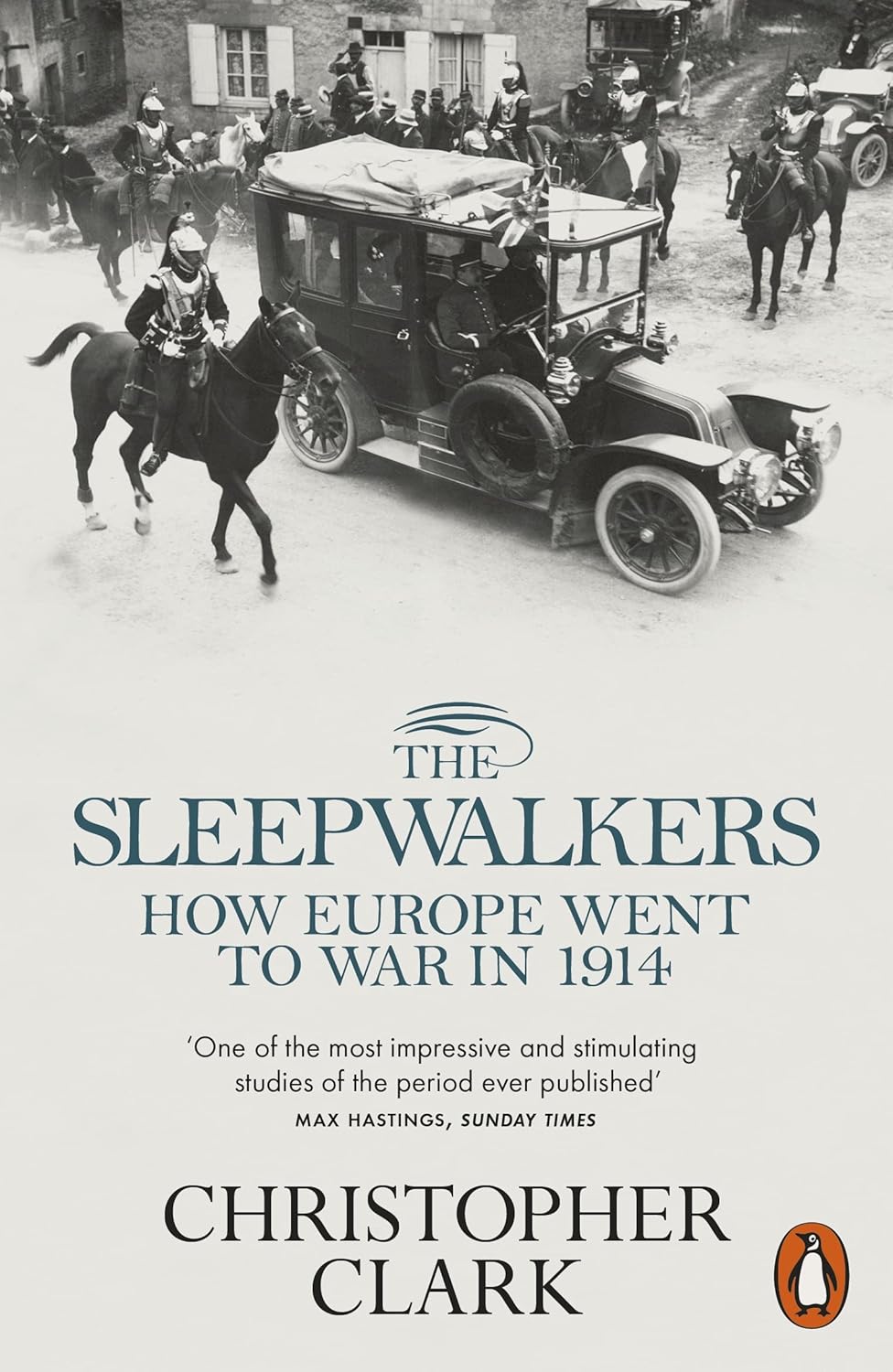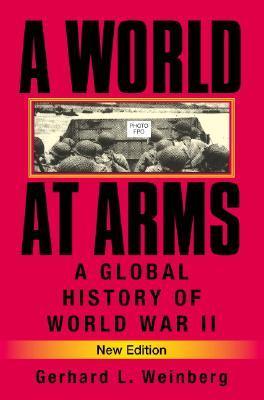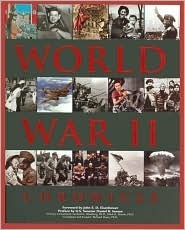
A World Undone: The Story of the Great War, 1914 to 1918
Book Description
World War I shattered empires and transformed nations, a relentless descent into chaos that engulfed millions. G.J. Meyer unveils the gripping tale of a conflict where heroes emerged and lives were forever changed amidst the horrors of trench warfare and the devastation of modern weaponry. As alliances crumbled and new ideologies surged, the very fabric of society was tested. With riveting narratives and vivid accounts, this comprehensive exploration reveals the profound impact of a war that shaped the 20th century. In the aftermath of such unprecedented destruction, what legacy did humanity choose to forge?
Quick Book Summary
"A World Undone" by G.J. Meyer is an expansive and engaging narrative history of World War I, tracing the origins, evolution, and far-reaching effects of the conflict. Meyer meticulously explains the cascade of diplomatic failures, miscalculations, and surging nationalism that led to the war’s outbreak. Through vivid storytelling, he brings to life the experiences of soldiers in the trenches and civilians on the homefront, showing how advanced weaponry and new tactics fueled unprecedented devastation. The book explores how alliances fractured and societies strained under the pressures of total war, ultimately leading to the collapse of empires and the birth of new ideologies. Meyer not only recounts battles and political decisions but also underscores the war's profound and enduring legacy, arguing that the consequences of World War I shaped the course of the 20th century.
Summary of Key Ideas
Table of Contents
The Road to World War I: Triggers and Alliances
Meyer begins by setting the stage in early 20th-century Europe, a continent teeming with nationalism, entangled alliances, and imperial ambitions. The assassination of Archduke Franz Ferdinand acts as the immediate spark, but Meyer delves deeper into the diplomatic tensions and rivalries that made the continent a powder keg. Leaders’ failures to manage crises and the rigid alliance systems made general war almost inevitable. The book unravels how, despite initial hopes for a swift resolution, the forces at play spiraled uncontrollably toward conflict on a global scale.
Life and Death in the Trenches
At the heart of the narrative is the brutal reality of the war itself. Meyer provides vivid detail of daily life in the trenches, from the mud and misery to the constant threat of death. He describes the psychological and physical toll experienced by millions of soldiers, as well as the impact on those left behind. Civilians faced food shortages, bombardments, and the loss of loved ones, while entire societies buckled under the demands of total war. The war’s technology—machine guns, artillery, poison gas—transformed the battlefield and led to staggering casualties.
Collapse of Empires and Rise of New Powers
The prolonged struggle shattered the old order. Meyer analyzes how the Austro-Hungarian, German, Russian, and Ottoman empires crumbled under the strain of war, giving rise to revolutionary movements and fledgling nation-states. The chaos of the postwar period emboldened radical ideologies, from Bolshevism in Russia to fascism in Italy and later Germany. The peace settlements, most notably the Treaty of Versailles, failed to foster lasting stability, instead planting seeds of conflict for generations to come.
Technological and Tactical Innovations
Innovation was both a product and a driver of the conflict. Meyer explores how technological advances forced armies to rethink previous doctrines. Trench warfare, tanks, aerial combat, and new forms of logistics and communication altered the very nature of fighting and survival. These adaptations, however, often lagged behind the pace of destruction, leading to costly learning curves and mounting human suffering on and off the battlefield.
The Lasting Legacy and Consequences
In the final analysis, Meyer considers the enduring consequences of World War I. The collective trauma, shifts in world power, and unresolved grievances set the stage for WWII and much of the century’s turmoil. “A World Undone” argues that understanding the Great War is essential to comprehending the modern age, as it irrevocably changed geopolitics, societies, and the human outlook on conflict and peace.
Download This Summary
Get a free PDF of this summary instantly — no email required.





